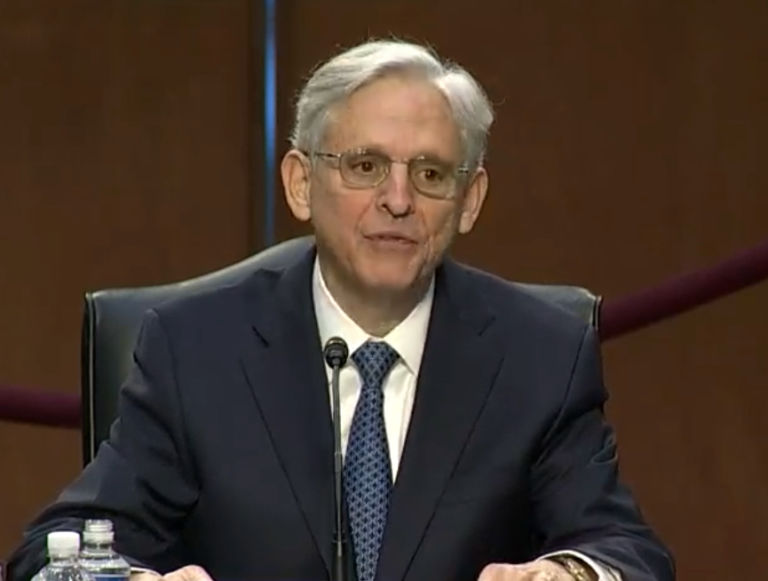In an article published in Education Week, Daarel Burnette and Madeline Will point out that the rising cost of pension obligations is consuming dollars that would otherwise be spent on teacher salaries and other education expenses. They write,
Across the nation, states’ pension obligations for public employees are accelerating, spurred on by investment losses during the Great Recession, a wave of Baby Boomers’ retirements, and years of fiscal mismanagement. That has huge implications for K-12 spending.
Teachers’ pension debt today tops out nationally at more than $516 billion, and states such as Connecticut, Illinois, and Michigan project they won’t have enough money within the next decade to pay teachers what they’re owed at retirement.
At the same time, hefty increases to school spending in some states end up being used to pay down grossly underfunded pension obligations, putting pressure on the money available for instructional spending, staff salaries, and other needs.
Although North Carolina is in better shape than Connecticut, Illinois, and Michigan, the state pension plan will continue to require a much larger financial commitment from taxpayers, forcing the General Assembly to make tough choices about spending priorities.


